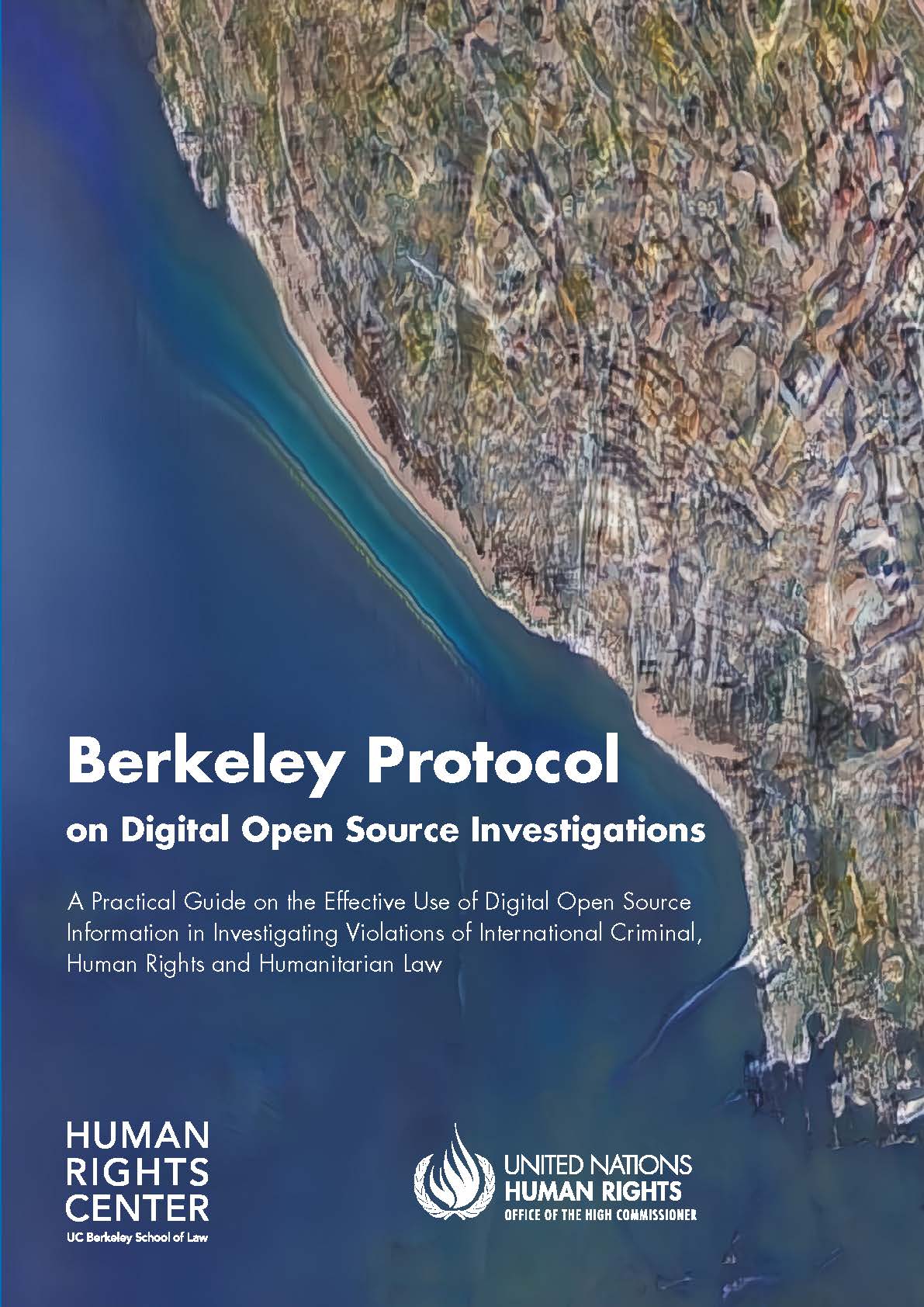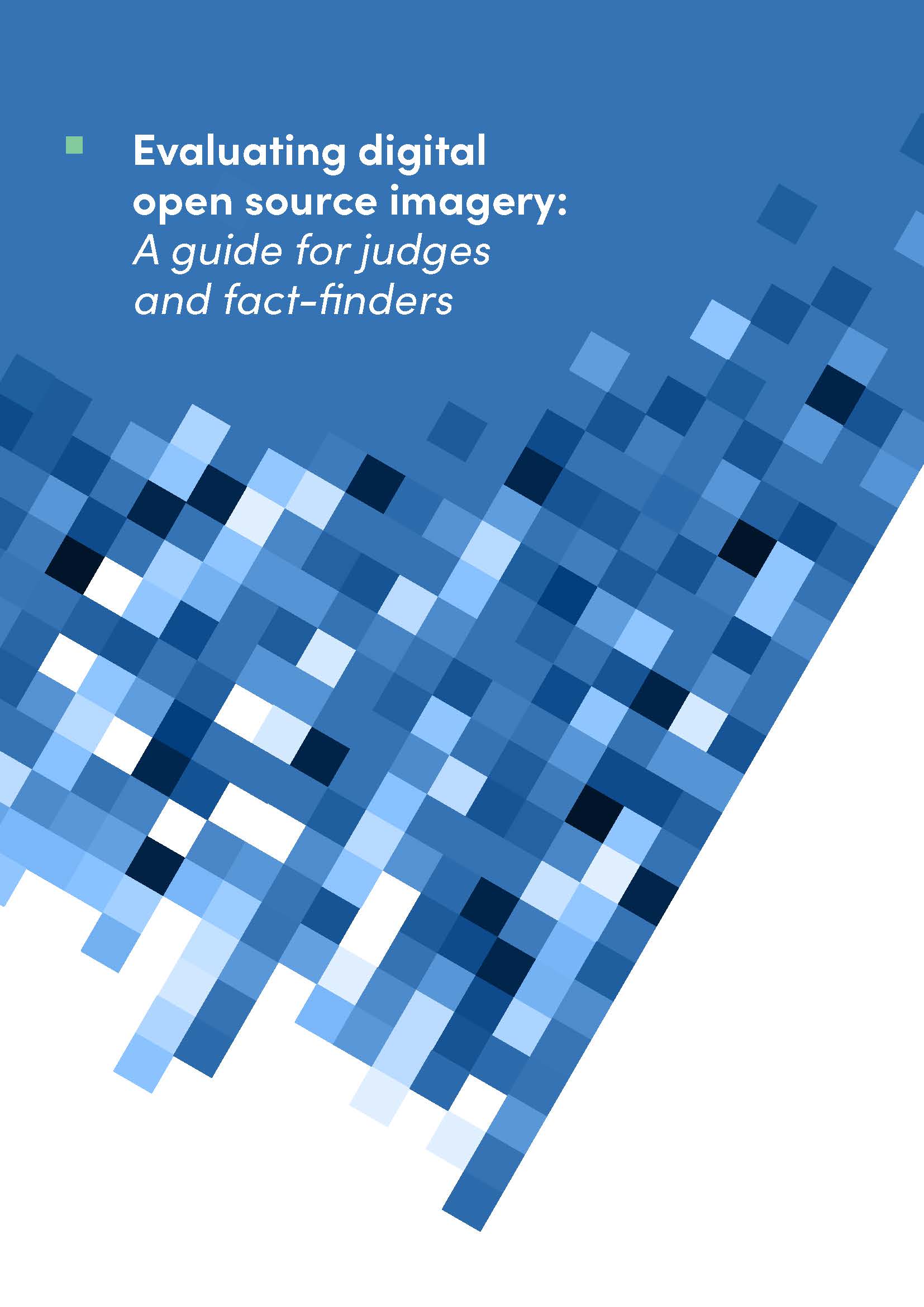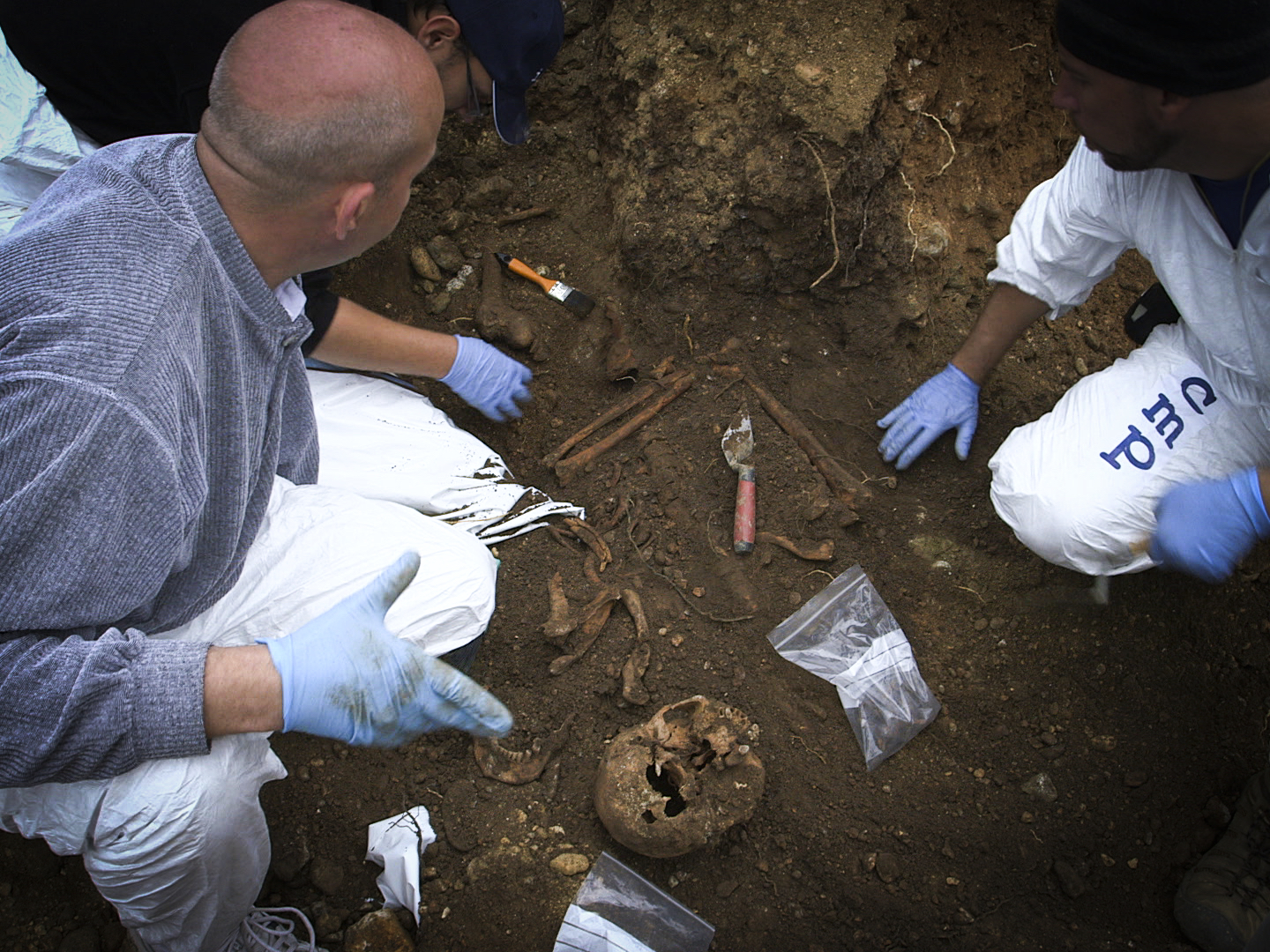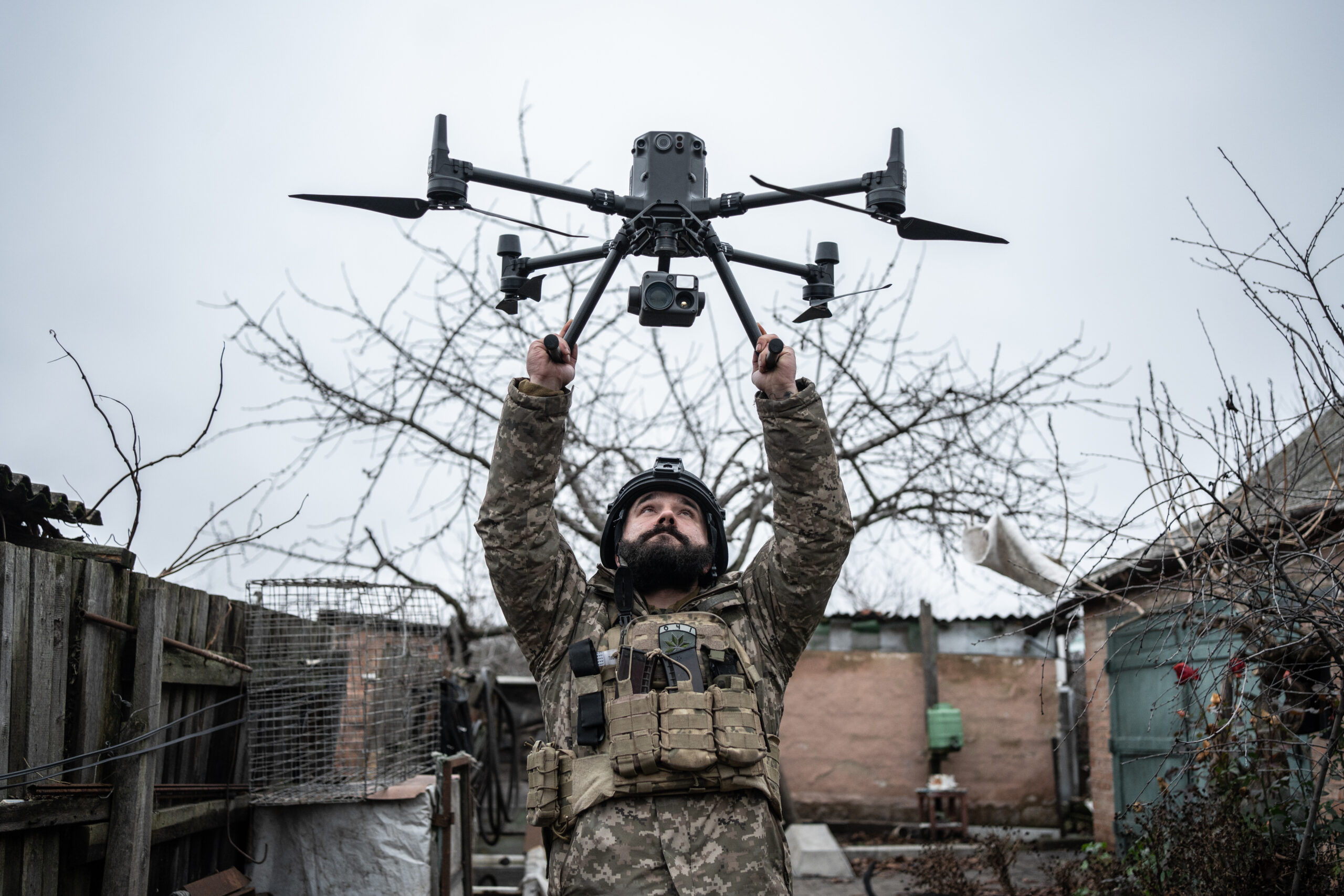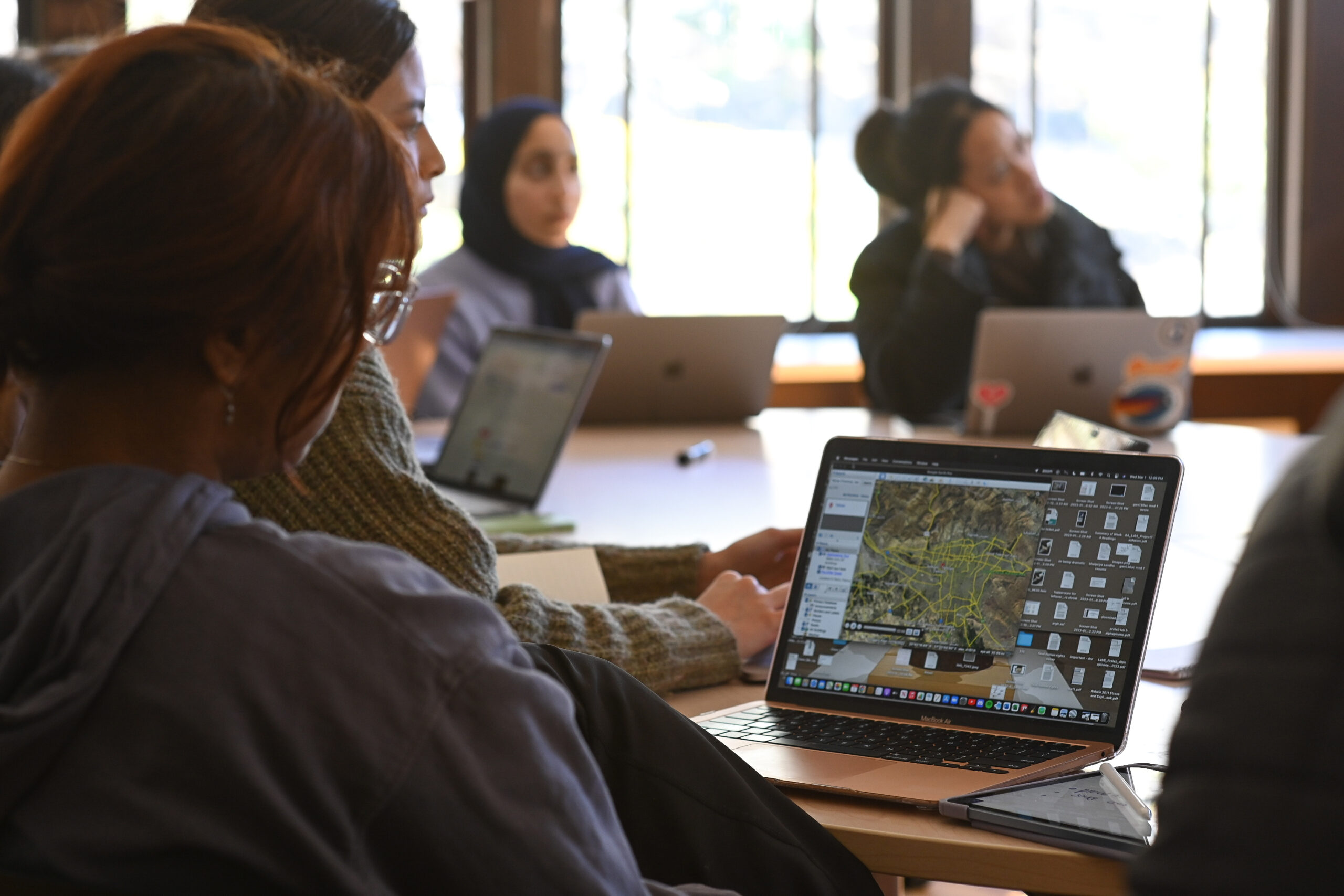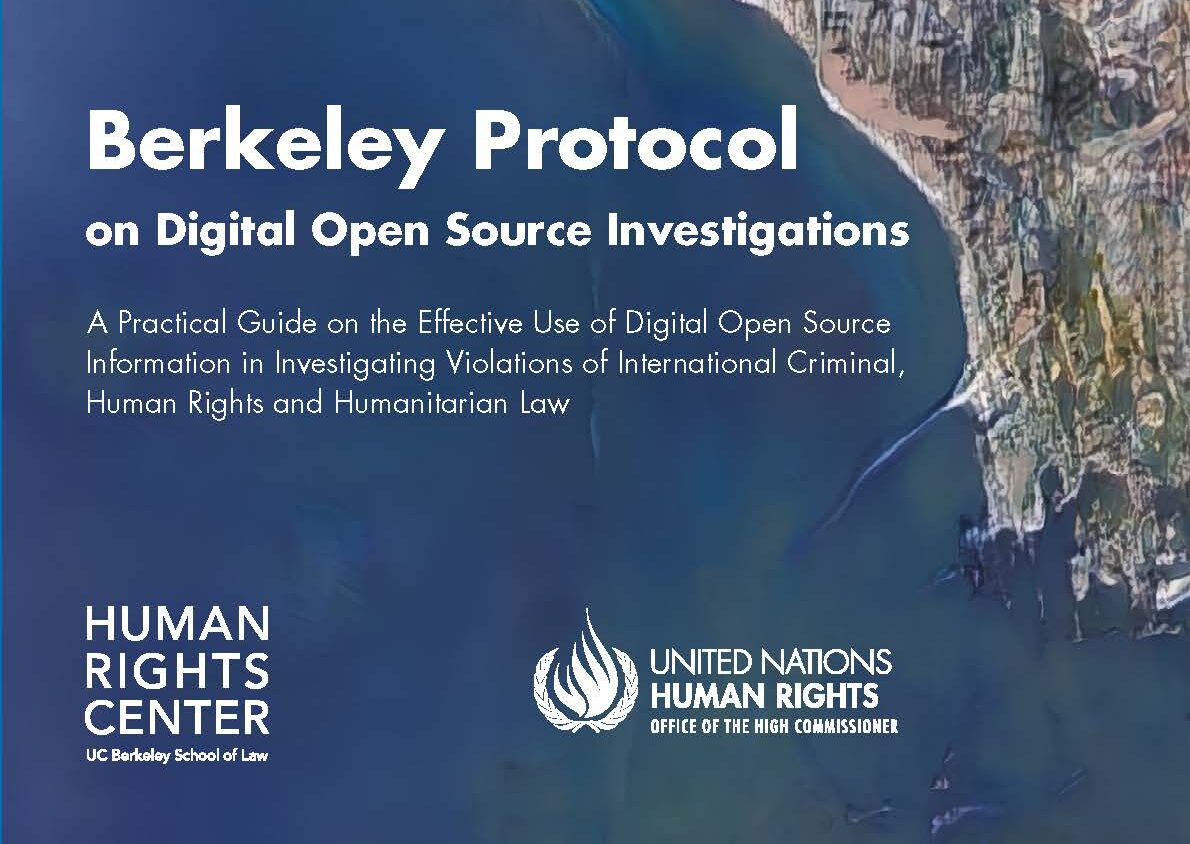
The Human Rights Center spearheaded a collaborative effort in partnership with the United Nations Office of the High Commissioner for Human Rights (OHCHR) to develop an international protocol outlining the minimum professional standards for the identification, collection, preservation, verification, and analysis of digital open source information, with an aim toward improving its effective use in international criminal, humanitarian and human rights investigations. Strengthening legal and ethical norms for open source investigations professionalizes the field and, in doing so, increases the likelihood that such information will be useful for justice and accountability purposes. The Berkeley Protocol has been translated into all the languages of the United Nations for global impact.
The Berkeley Protocol is actively in use by Ukranian prosecutors documenting Russian war crimes, and was translated informally into Ukrainian within weeks of the invasion. We have also developed practical guide to implementing the Protocol for lawyers and judges in partnership with Essex University, WITNESS, Human Rights Watch, and Mnemonic to further assist legal practitioners in the pursuit of justice. The Protocol is also the foundation of our Professional Training Program.

“Technology can help us see the distant, the obscured, and the unimaginable — and serve as concrete proof of violations of human rights and international law. In an era of widespread misinformation and disinformation, the Protocol gains even more importance. This new tool is, ultimately, about protecting human rights and advancing justice.”

Michelle Bachelet
Former U.N. High Commissioner for Human Rights

A Global Standard
The process of developing the Berkeley Protocol was similar to our past efforts to develop blueprints around investigating torture (the Istanbul Protocol), extrajudicial executions (the Minnesota Protocol), and sexual violence in conflict (International Protocol on the Documentation and Investigation of Sexual Violence in Conflict). These past initiatives were essential steps to help lawyers and judges better understand how to evaluate new investigative techniques, and guide first responders and civil society groups on how to collect information in a manner consistent with legal requirements. The Berkeley Protocol was launched in English on December 1, 2020, in a virtual event on the 75th anniversary of the Nuremberg Trials.
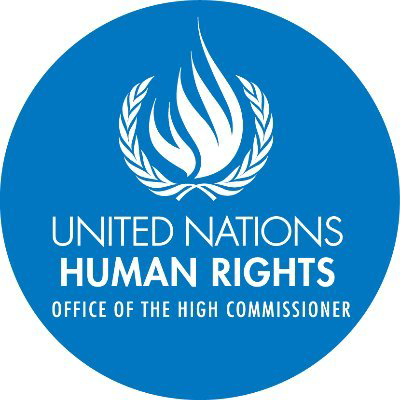
A Joint Partnership
The Berkeley Protocol in Action
The Protocol was developed after years of internal collaboration with the international human rights community. Some of the forums where the foundations of the Protocol were set include:
- Roundtable to Explore Legal Issues Arising from Open Source Investigations in The Hague, Netherlands, April 12, 2019
- Workshop on Cybersecurity in Online Open Source Investigations at UC Berkeley, May 6–7, 2019
- RightsCon Strategic Roundtable in Tunis, Tunisia, June 11–14, 2019
- Workshop on Building an Ethical Framework for Open Source Investigation in Essex University, United Kingdom, January 28–29, 2019
- The New Forensics: Using Open Source Information to Investigate Grave Crimes at the Rockefeller Foundation’s Bellagio Center in Italy, October 2–6, 2017
News

March 13, 2025
How social media is helping catch war criminals
HRC in the News — The Guardian: How social media is helping catch war criminals, a feature on the Berkeley Protocol and how it may help bring justice for atrocities committed in Sudan.
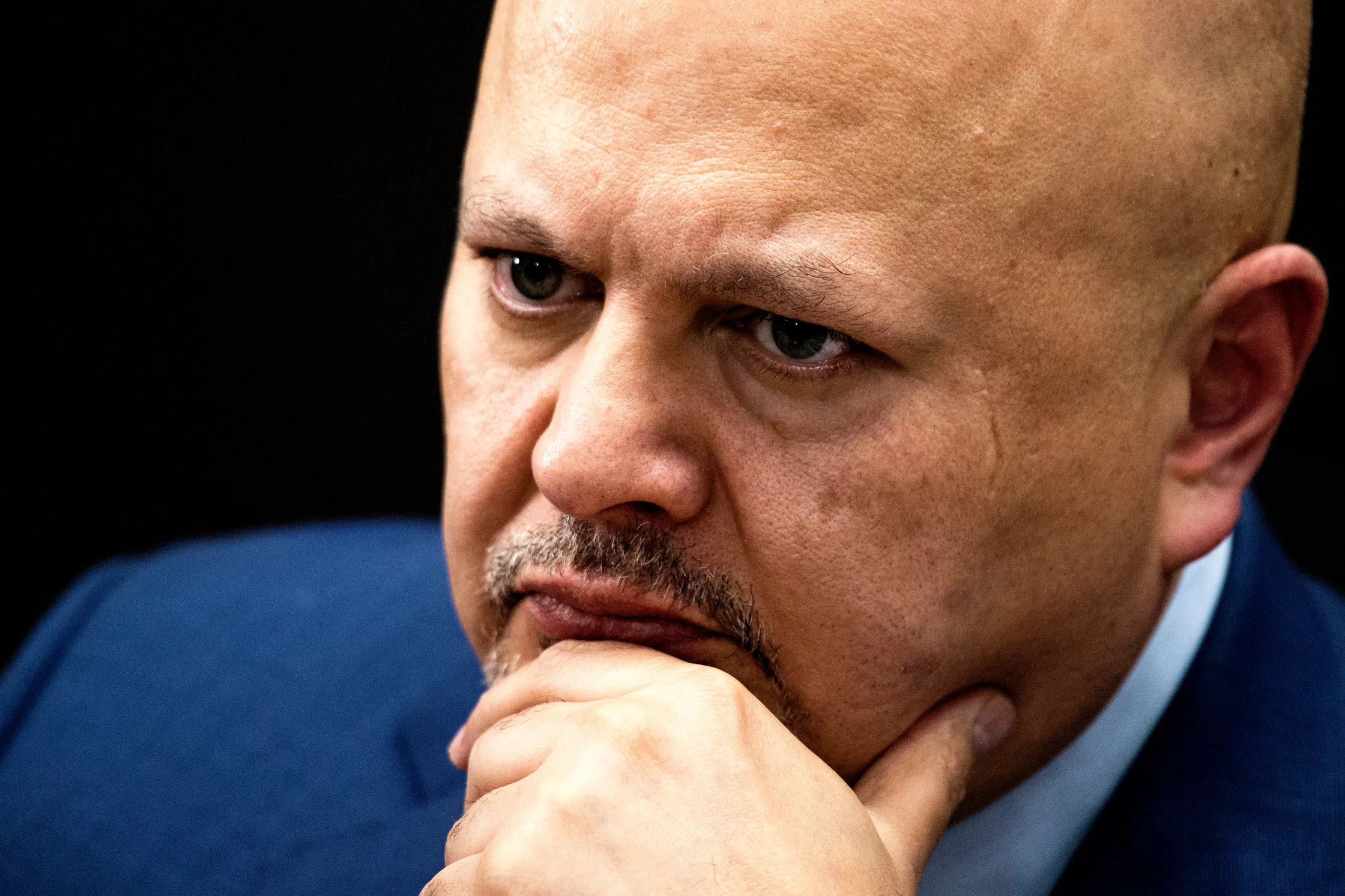
September 7, 2023
The International Criminal Court Will Now Prosecute Cyberwar Crimes
HRC in the News — WIRED: The International Criminal Court Will Now Prosecute Cyberwar Crimes, interviewing Lindsay Freeman and citing HRC’s second Article 15 submission
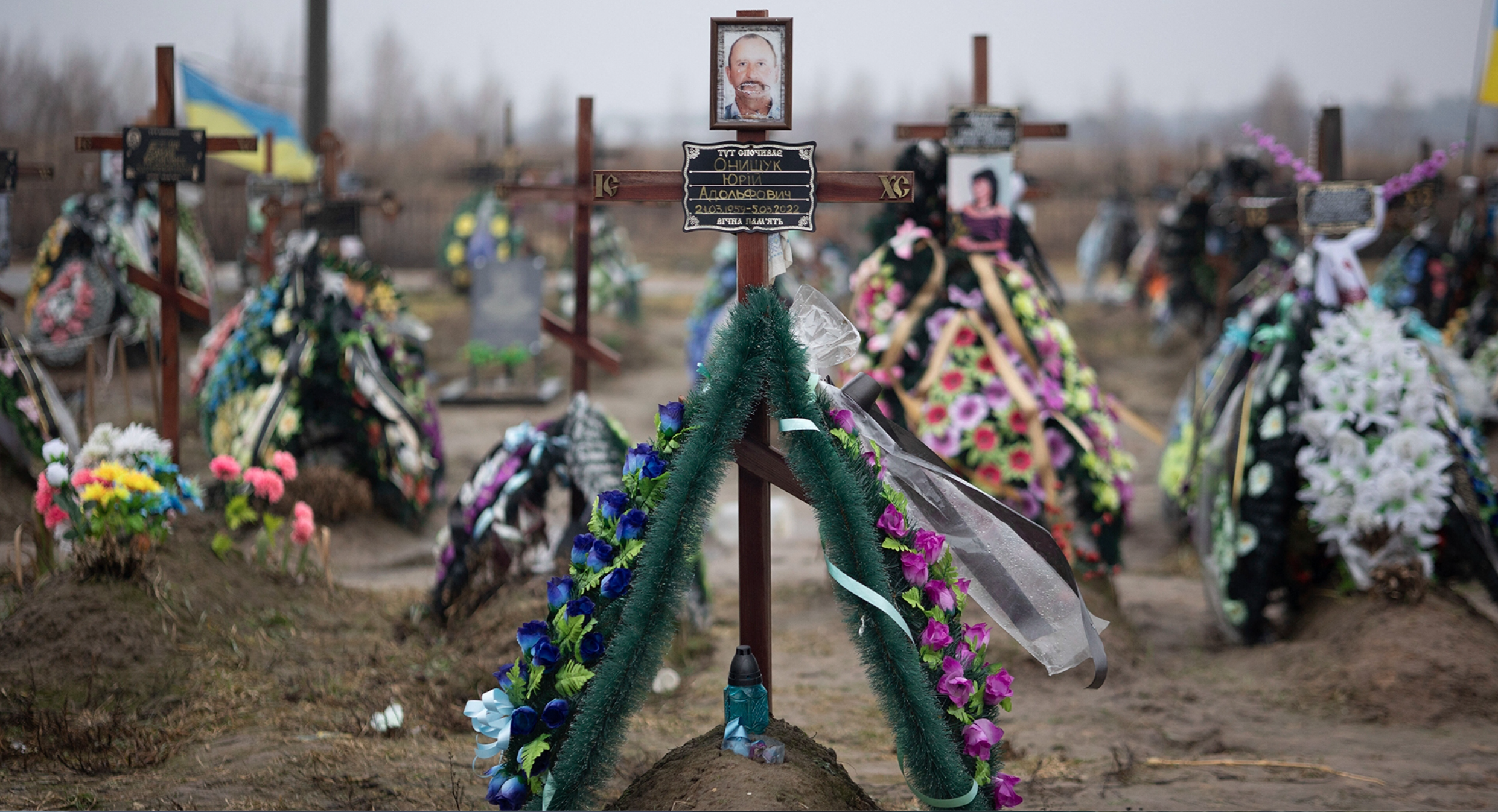
February 21, 2023
In Ukraine, Berkeley experts are shaping the legal fight against war crimes
HRC in the News — Berkeley News: In Ukraine, Berkeley experts are shaping the legal fight against war crimes, feature on the Berkeley Protocol’s application in
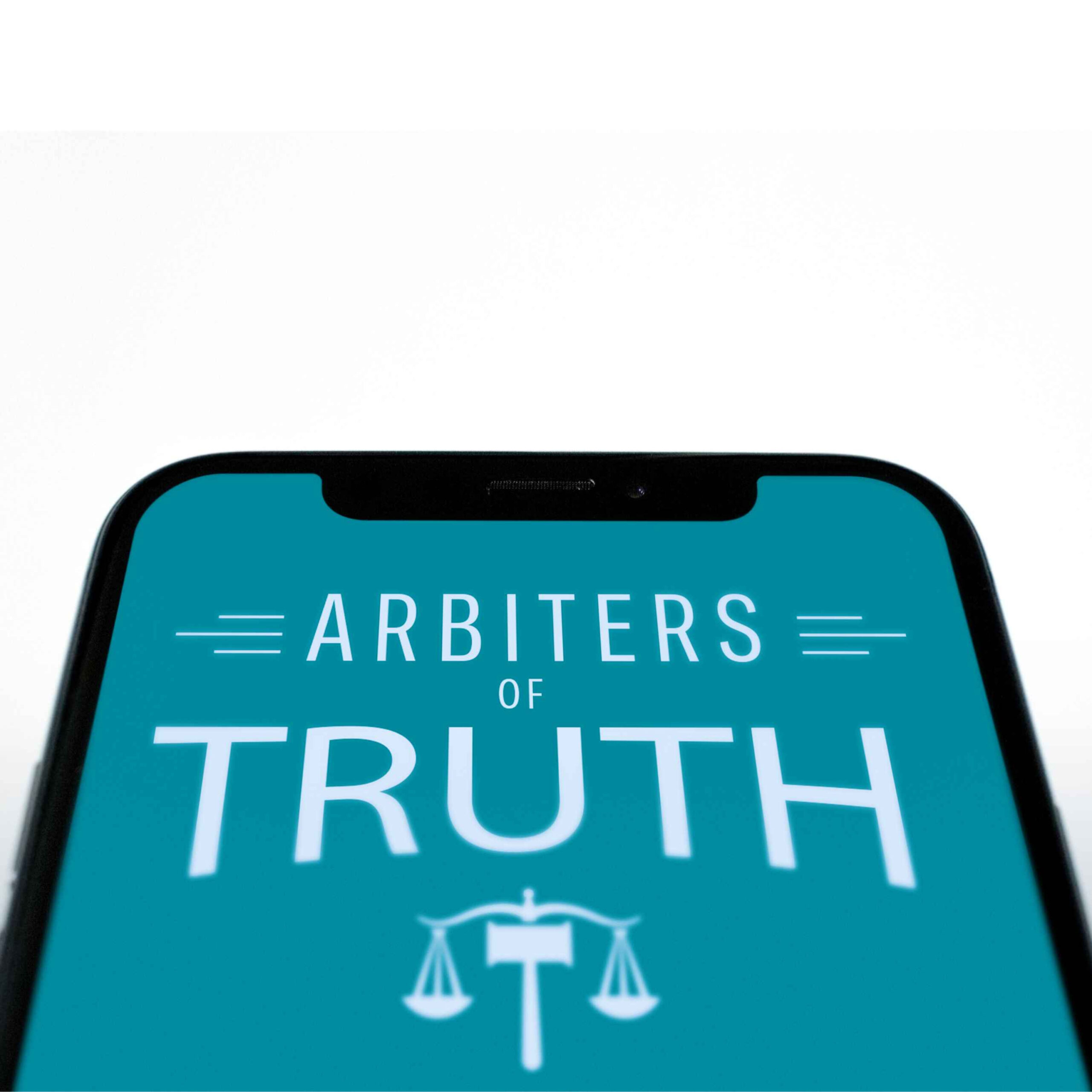
April 14, 2022
Bringing Evidence of War Crimes from Twitter to the Hague
HRC in the News — Lawfare: Bringing Evidence of War Crimes from Twitter to the Hague, featuring Alexa Koenig.
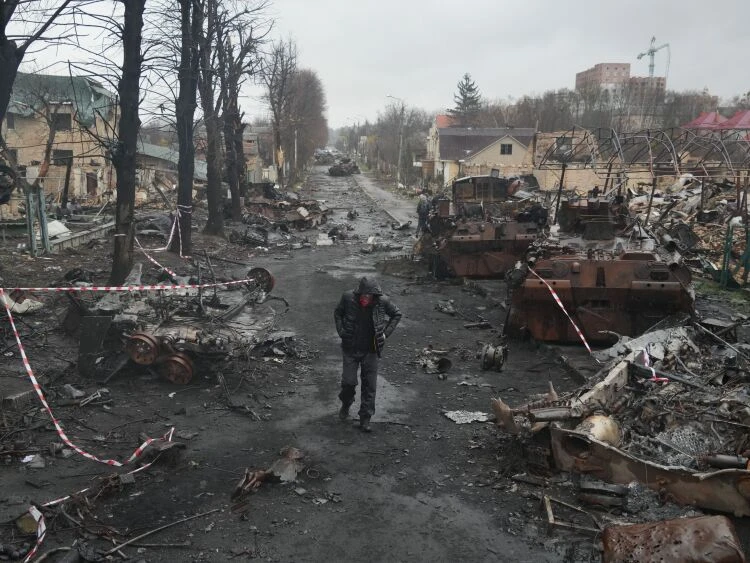
November 9, 2022
OSINT used to collect evidence of war crimes
HRC in the News — Asahi Shimbun Global: OSINT used to collect evidence of war crimes, quoting Alexa Koenig about digital open source investigations and referencing the
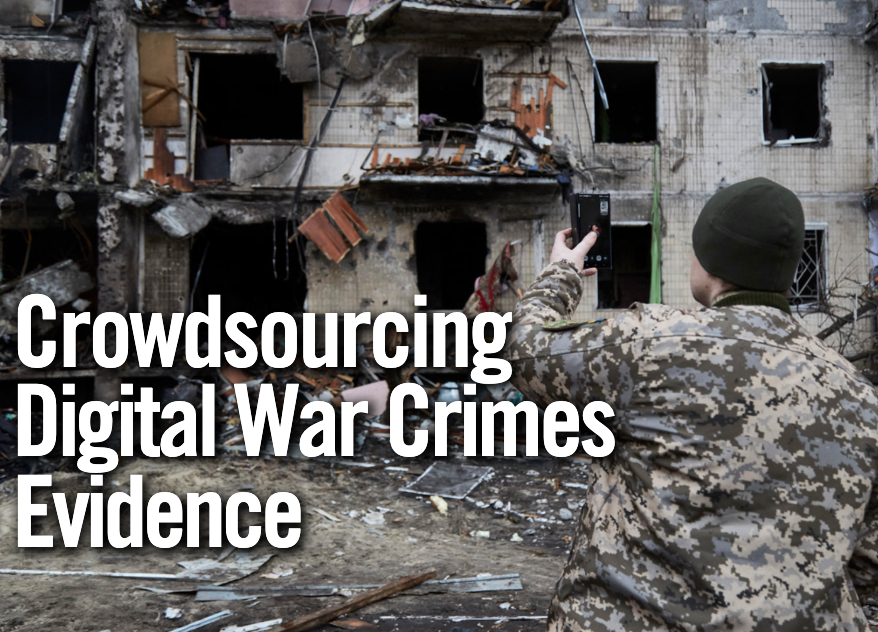
October 31, 2022
Crowdsourcing Digital War Crimes Evidence
HRC in the News — Washington Lawyer Magazine: Crowdsourcing Digital War Crimes Evidence, Alexa Koenig quoted on digital evidence preservation and the establishment of the Berkeley Protocol on
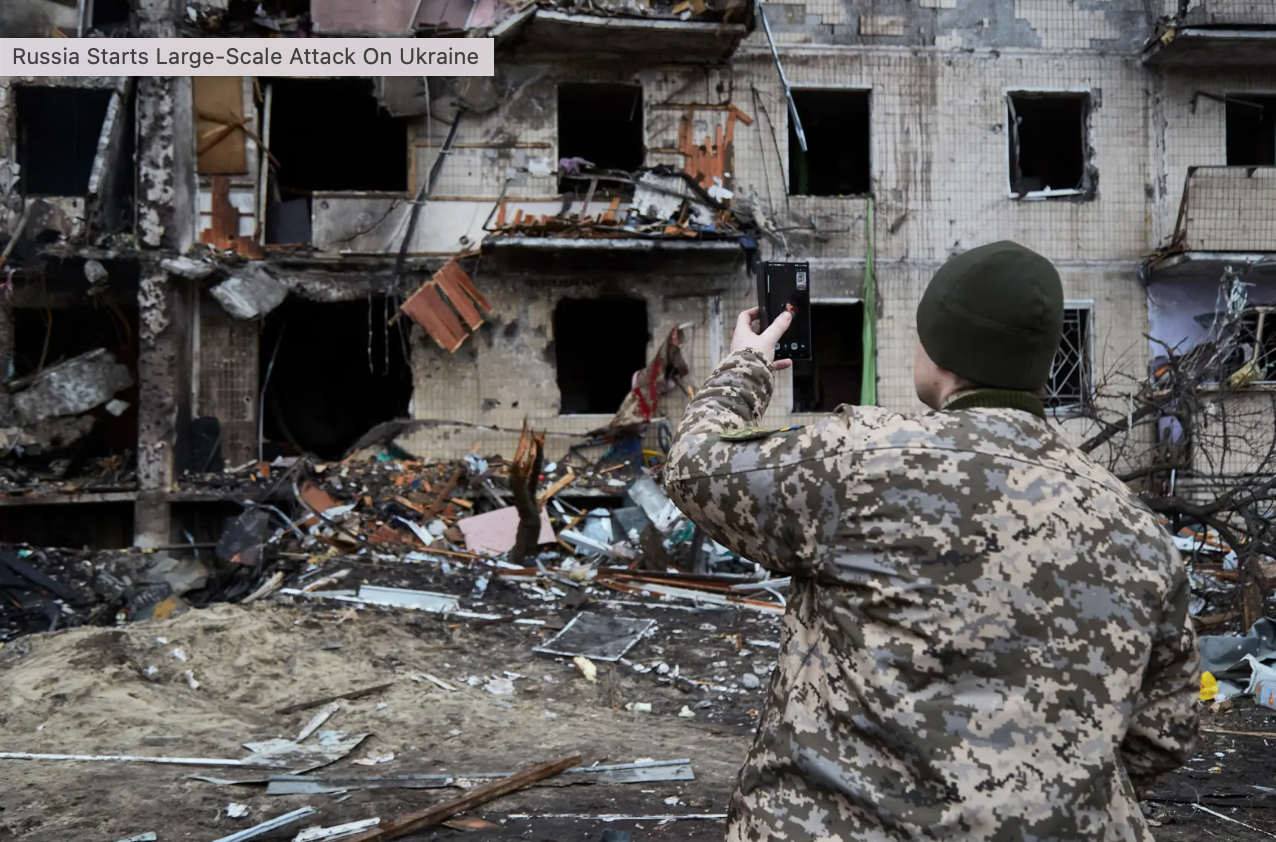
April 18, 2022
How Ukraine Is Crowdsourcing Digital Evidence of War Crimes
HRC in the News — TIME Magazine: How Ukraine Is Crowdsourcing Digital Evidence of War Crimes, referencing the Berkeley Protocol. Left: A Ukrainian soldier speaks on his smartphone outside
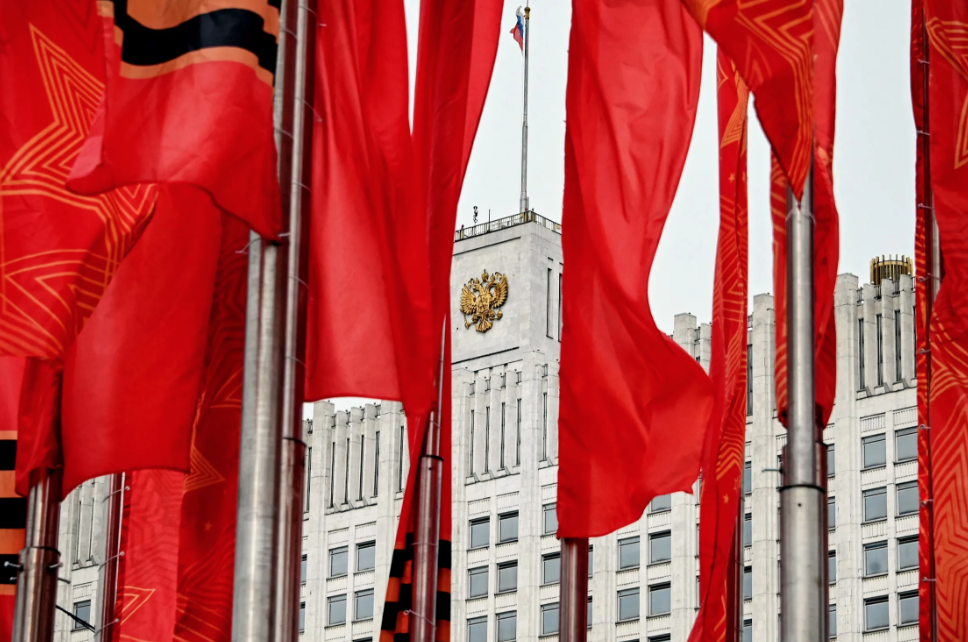
May 12, 2022
The Case for War Crimes Charges Against Russia’s Sandworm Hackers
HRC in the News — WIRED: The Case for War Crimes Charges Against Russia’s Sandworm Hackers, featuring Lindsay Freeman and her team’s research and submission to the International

May 15, 2022
The online investigators tracking alleged Russian war crimes in Ukraine
ALexa Koenig on 60 Minutes HRC in the News — 60 Minutes: The online investigators tracking alleged Russian war crimes in Ukraine, Alexa Koenig spoke
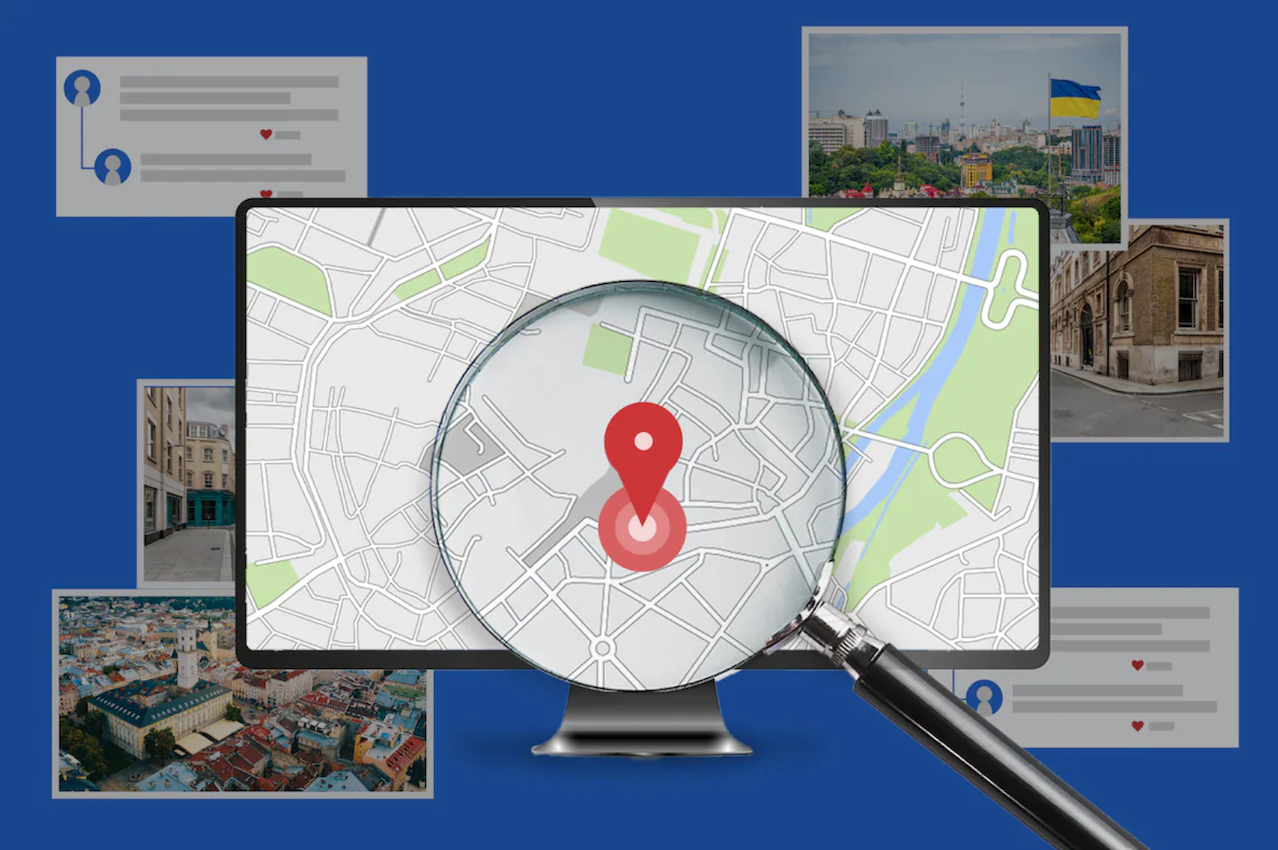
March 23, 2022
Washington Post illustration/istock HRC in the News — The Washington Post: Rise of the Twitter Spies, referencing the Berkeley Protocol.
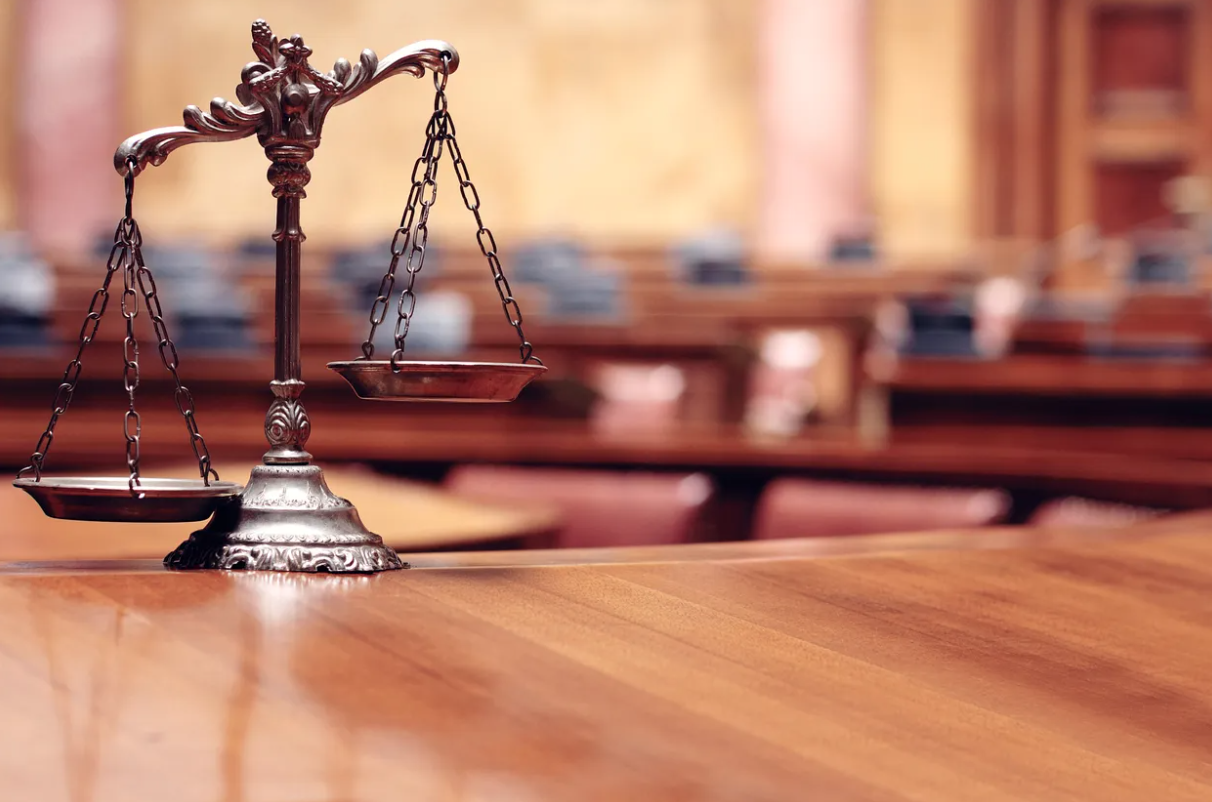
January 26, 2021
HRC in the News — OpinioJuris: Open-Source Digital Evidence in International Criminal Cases: A Way Forward in Ensuring Accountability for Core Crimes? by Konstantina Stavrou, with mention of
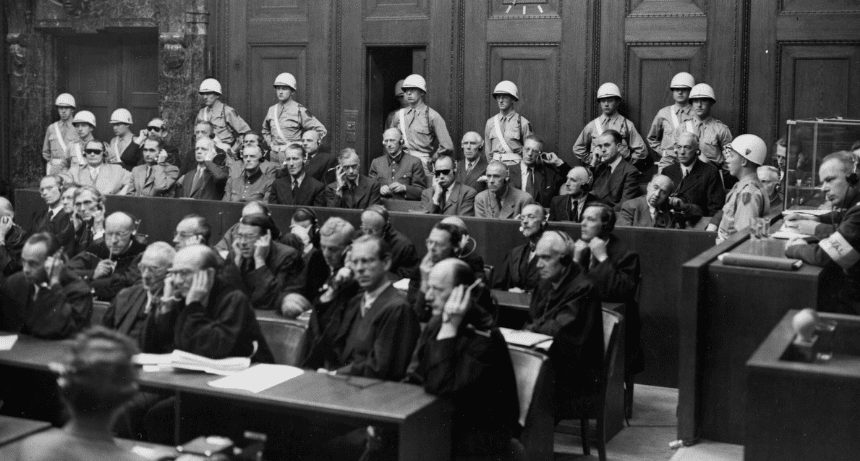
December 1, 2020
Berkeley Law Center Creates First Global Protocol on Using Social Media as Evidence for War Crimes
Berkeley Law: Berkeley Law Center Creates First Global Protocol on Using Social Media as Evidence for War Crimes, reporting on the Berkeley Protocol on Digital Open Source Investigations.
